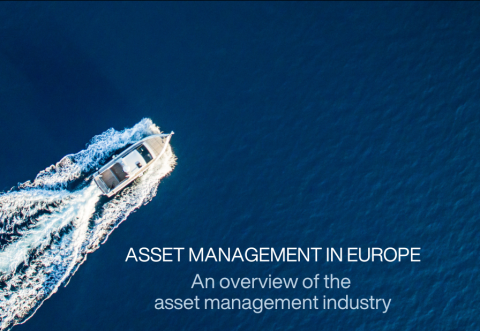EFAMA is pleased to share its response to the ESMA Call for Evidence on shortening the settlement cycle. In light of the imminent US move to T1, EFAMA supports a timely transition to T1 for Europe, while calling for a dynamic roadmap which can be adapted and modified as lessons from the US migration become known.
Trends in European Investment Funds
The Fact Book is our flagship publication. It provides in-depth analysis of trends in the European investment fund industry, including extensive statistics and information about products, asset classes and distribution across all markets. It also includes a complete overview of regulatory developments across 29 European countries.
A digital version of the Fact Book is made freely available on our website. An Excel-based statistical package, containing more than 50 tables with historical time series on net assets, net sales and number of UCITS and AIFs at the country level, is available for purchase.

























































